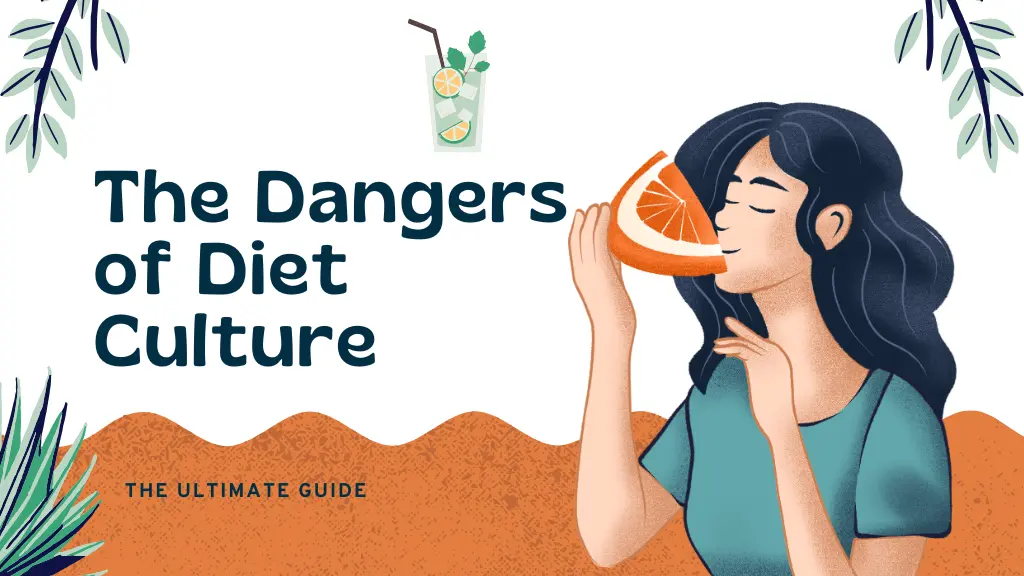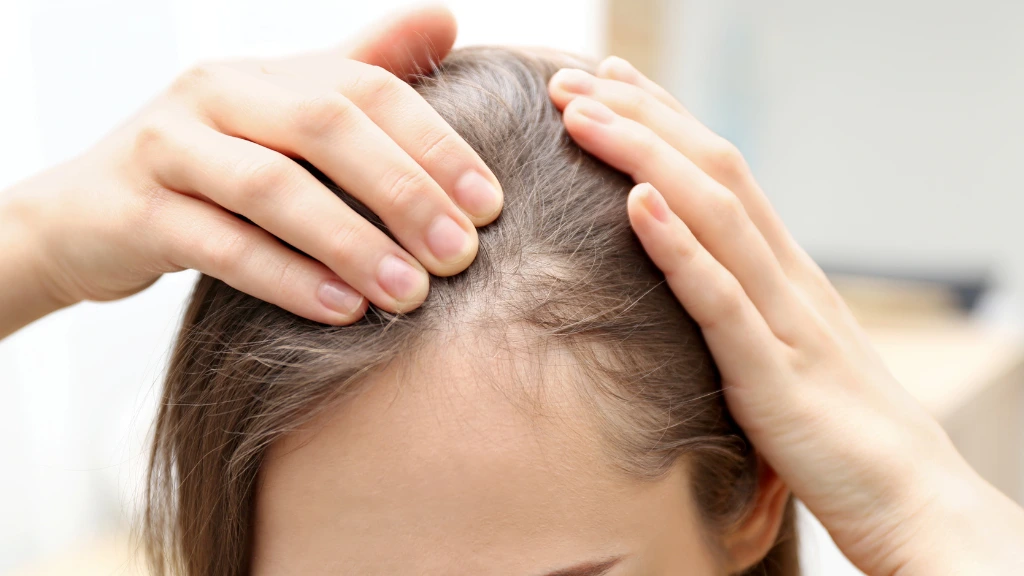Diet culture has long held a powerful grip on society, influencing how we view food, exercise, and even ourselves. Many women have faced societal pressure to fit a particular mold of beauty, often leading them to adopt harmful eating habits and unhealthy lifestyles.
In this article, we share the stories of 10 women who discuss the dangers of diet culture and how it impacted their lives.
You May Also Like: Navigating the Grocery Store Aisles can be Overwhelming.
What Is Diet Culture?
Diet culture is an ingrained belief system that equates thinness with worth and promotes the idea that losing weight is always the key to happiness and success. It encourages restrictive eating, extreme exercise routines, and the pursuit of an idealized body image. Unfortunately, this culture has permeated everything from social media to advertising, creating a toxic cycle of comparison, shame, and self-loathing for many individuals, especially women.
The Harmful Effects of Diet Culture on Mental Health
Diet culture doesn’t just affect physical health; its most insidious effects are on mental well-being. Here are the stories of 10 women who bravely share how diet culture impacted their lives.
1. Sarah: The Battle With Self-Worth
Sarah struggled with self-esteem issues from a young age, largely due to her exposure to diet culture. She recalls, “As a teenager, I was constantly bombarded with the message that I wasn’t good enough because I wasn’t skinny. I spent years jumping from one diet to the next, chasing an unattainable ideal. It wasn’t until my 30s that I realized my value wasn’t determined by my size.”
For Sarah, the most damaging part of diet culture was its ability to link weight with self-worth, leading her to feel unworthy and insufficient when she didn’t meet society’s expectations.
2. Lisa: Food as the Enemy
Lisa’s experience with diet culture was all-consuming. “I spent my entire 20s dieting. I restricted my food intake to the point of exhaustion, telling myself that food was the enemy,” she explains. “I had constant anxiety around food. If I ate something I wasn’t ‘supposed’ to, I felt guilty for days. It took years for me to unlearn those harmful beliefs.”
Diet culture often reinforces the idea that certain foods are “good” while others are “bad,” leaving people like Lisa trapped in an unhealthy relationship with food.
3. Jenna: The Rise of Social Media and Body Comparison
Jenna’s struggle with diet culture worsened with the rise of social media. “Scrolling through Instagram, I was bombarded with perfectly curated images of women with ‘flawless’ bodies. I began to feel like I wasn’t enough,” she says. “I tried extreme diets and workout routines, but nothing worked. I felt constantly defeated.”
Social media platforms often promote unrealistic beauty standards, contributing to body dissatisfaction and unhealthy comparison. This can lead to an unhealthy obsession with dieting and weight loss.
4. Emily: Dieting and Eating Disorders
Emily’s journey with diet culture led her down a dangerous path. “I became obsessed with weight loss. I started restricting food so severely that I eventually developed an eating disorder,” she admits. “Diet culture made me feel like I was only worthy if I looked a certain way, and it pushed me into harmful behaviors like starving myself.”
The pressure to conform to society’s expectations of beauty can lead to disordered eating, including anorexia, bulimia, and binge eating disorders.
5. Megan: The Cost of Weight Loss Pills
Megan found herself drawn into the world of diet pills, convinced that they were the key to her happiness. “I spent a lot of money on weight loss pills, thinking they would give me the body I wanted. They made me feel jittery and anxious, and I realized they weren’t helping at all. In fact, they were harming my health,” she says.
Diet culture often promotes quick-fix solutions, such as pills and supplements, that promise weight loss but can pose serious risks to physical and mental health.
6. Nicole: The Pressure to Be “Perfect”
Nicole’s story highlights the pressure to maintain a certain body type. “Every time I gained weight, I felt like a failure. The constant need to look perfect and be thin overwhelmed me. I felt like I was never good enough,” she shares.
Diet culture often creates unrealistic expectations for women to maintain an idealized image, which leads to constant dissatisfaction and a cycle of dieting, weight gain, and self-blame.
7. Sophia: Breaking Free from Dieting
Sophia was exhausted by dieting. “I spent so many years trying to lose weight, following every fad diet that came my way. But the moment I stopped dieting and started listening to my body, I felt a huge sense of relief,” she says. “Diet culture made me believe that food was the enemy, but I’ve learned to embrace balance and self-compassion.”
Sophia’s story reflects the power of breaking free from diet culture and focusing on self-love and body acceptance.
8. Hannah: The Role of Family Expectations
Hannah’s experience with diet culture was influenced by her family’s standards. “My family always commented on my weight. They thought dieting was the solution to every problem. It made me feel like I wasn’t valued unless I was thin,” she recalls. “It took years to understand that my worth isn’t tied to my weight, and I don’t need to fit anyone’s expectations.”
The pressure from family and friends can perpetuate the harmful beliefs associated with diet culture, leading to internalized shame and unhealthy behaviors.
9. Jessica: The Emotional Toll of Dieting
Jessica highlights how dieting affected her emotional health. “Dieting wasn’t just about food for me—it became a constant source of stress. I felt emotionally drained and defeated,” she shares. “Diet culture made me feel like I wasn’t good enough unless I lost weight, but it never brought me happiness.”
The emotional toll of diet culture often leads to anxiety, depression, and a distorted view of one’s body image.
10. Olivia: Discovering Health Beyond Dieting
Olivia’s transformation came when she shifted her focus away from dieting and toward overall health. “I used to define my health by how much I weighed. Now, I focus on how I feel and how I’m taking care of myself. It’s not about being thin, it’s about being strong and healthy,” she says.
Olivia’s story demonstrates that health isn’t defined by the number on the scale but by how we care for our bodies and minds.
The Road to Healing
The stories shared here are just a glimpse into the widespread impact of diet culture on women’s lives. Breaking free from this toxic cycle requires unlearning harmful beliefs and focusing on body positivity and self-acceptance. It’s essential to recognize that true health comes from nurturing both the body and mind, not from dieting or striving for a specific body type.
Women like Sarah, Jenna, Emily, and others are reclaiming their worth and their health by rejecting diet culture and embracing a more holistic approach to well-being. Let their stories be a reminder that you are not alone, and there is always room for healing and self-compassion.
Conclusion
Diet culture can be toxic, contributing to poor mental and physical health for countless women. By acknowledging its harmful impact and sharing personal stories of struggle and triumph, we can work together to challenge these societal norms. Let’s choose health, self-love, and acceptance over dieting and unrealistic beauty standards. Your worth is not defined by your size, and your health is far more than the number on a scale.











